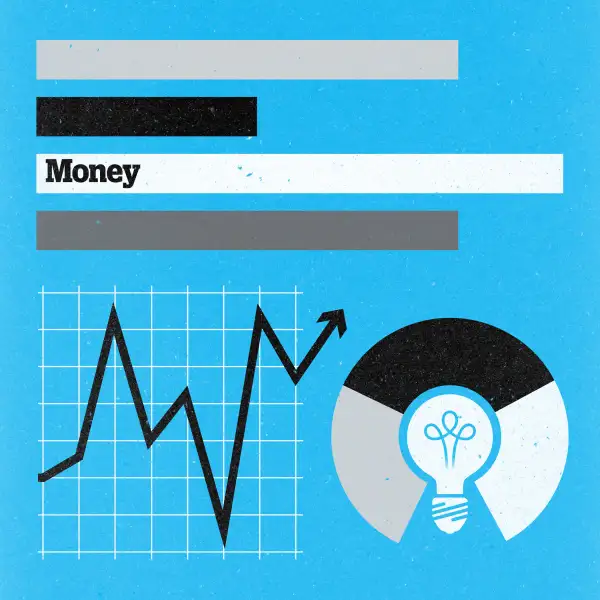The One Big Advantage of a 457 Retirement Account
Money is not a client of any investment adviser featured on this page. The information provided on this page is for educational purposes only and is not intended as investment advice. Money does not offer advisory services.

Q: What is the smart play on my 457(b) retirement plan, which has a $600,000 balance? I’m retiring at 54 and wonder if I should roll it over into an IRA or keep it in the 457(b)? — Brett in Atlanta
A: You raise an interesting point for savers in 457(b) plans. These defined-contribution retirement savings plans are offered to public-sector employees and are similar to other employer-sponsored plans like 401(k)s in many respects — save for one big difference.
Unlike with individual retirement accounts or other retirement plans, the IRS doesn’t slap 457(b) participants with a 10% penalty for withdrawing funds before age 59½.
This penalty does serve a purpose: It’s extra incentive to let your savings sit as long as possible.
Even so, because you are retiring at such a young age, there is something to be said for keeping that money in the 457(b) for a few more years. “Once it’s out of the 457(b) there is no going back,” says Hans Scheil, a certified financial planner and president of Cardinal Retirement planning in North Carolina.
While you should try to let your nest egg continue to grow as long as possible, it is good to know you have the option of using some of your savings without penalty — though you will, of course, still need to pay income taxes on any distributions.
“This is not a decision that has to be made tomorrow,” adds Scheil, who is also the author of “The Complete Cardinal Guide to Planning for and Living in Retirement.” “You could decide to do nothing for a year or two and then roll it over.”
Down the road, you may find benefits to moving your money into an IRA.
Every plan is different, but 457(b) accounts typically don’t offer nearly as many investment options as IRAs, says Scheil. In many cases, adjusting your asset allocation or making other changes is more cumbersome in a 457(b) than in an IRA. “It’s also easier to do estate planning with an IRA,” he adds.
Probably the biggest reason to roll over this savings to an IRA is to consolidate multiple retirement accounts. Assuming this is the case for you, having everything in one place makes managing and rebalancing your mix of stocks and bonds that much easier. And when it’s time to take required minimum distributions, at age 70½, you only need to calculate and take the minimum for one account.
“There are plenty of reasons to move to an IRA, says Scheil, “but there is no reason to rush.”